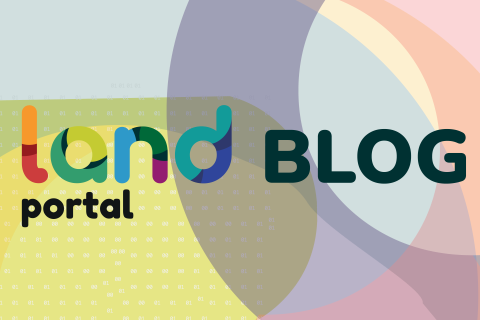
This Land Portal data story looks at the increase of maize production in and around Thailand, and its relation to a poultry value chain as an ingredient in animal feed.

This Country Insights Digest explores the challenges faced by informal spouses and other "invisible" women to secure their land tenure, particularly in the context of land rights formalization and land titling campaigns.

This Country Insights Digest discusses the topic of microfinance in relation to land loss. Daniel Hayward reviews three articles on the topic and adds some concluding thoughts and questions. Has microfinance merely warped into other forms of rural credit, where the profit margin trumps all other aims?

The Land Portal, Global Data Barometer, and Open Data Charter are working together at the nexus of open data and land governance. This blog shares how we are bringing our complementary expertise and passions for more open and transparent land data systems.
The problem

The good governance of land is critical to the pursuit of sustainable development. Given that the land sector is often considered to be susceptible to corruption, open and transparent land data is seen as an opportunity to fight corruption. Following global trends, the land sector is increasingly engaging in efforts to make more land and spatial data open and freely available.


When the Land Portal was founded in 2014, we were part of conferences that spent vast sums of money bringing hundreds of people together to discuss land-related subjects. Yet the powerful speeches that were made, the insightful presentations and the moments of epiphany were largely getting stuck in the conference venue.

Metadata is at the heart of what we do at the Land Portal. What an odd statement to make for an organization in the land sector! But remember our mission, and you'll understand why creating, curating, and enriching metadata is important to us, and should be to any organization with data at its core.

The ‘age of ignorance’
For a long time land governance, land tenure and land rights remained in the ‘age of ignorance’. We have known for some time that land governance is a key ingredient for social, economic and environmental development; what was missing, however, was the data. With the little information available to us at the time, we set priorities and crafted interventions for our course of work. Relying on a few rough figures meant that we were often repeating mantras and slogans based on loose, rather than on hard and reliable facts. Most notable among these was the often repeated and now widely disputed, “women own 2% of the world’s land”.
